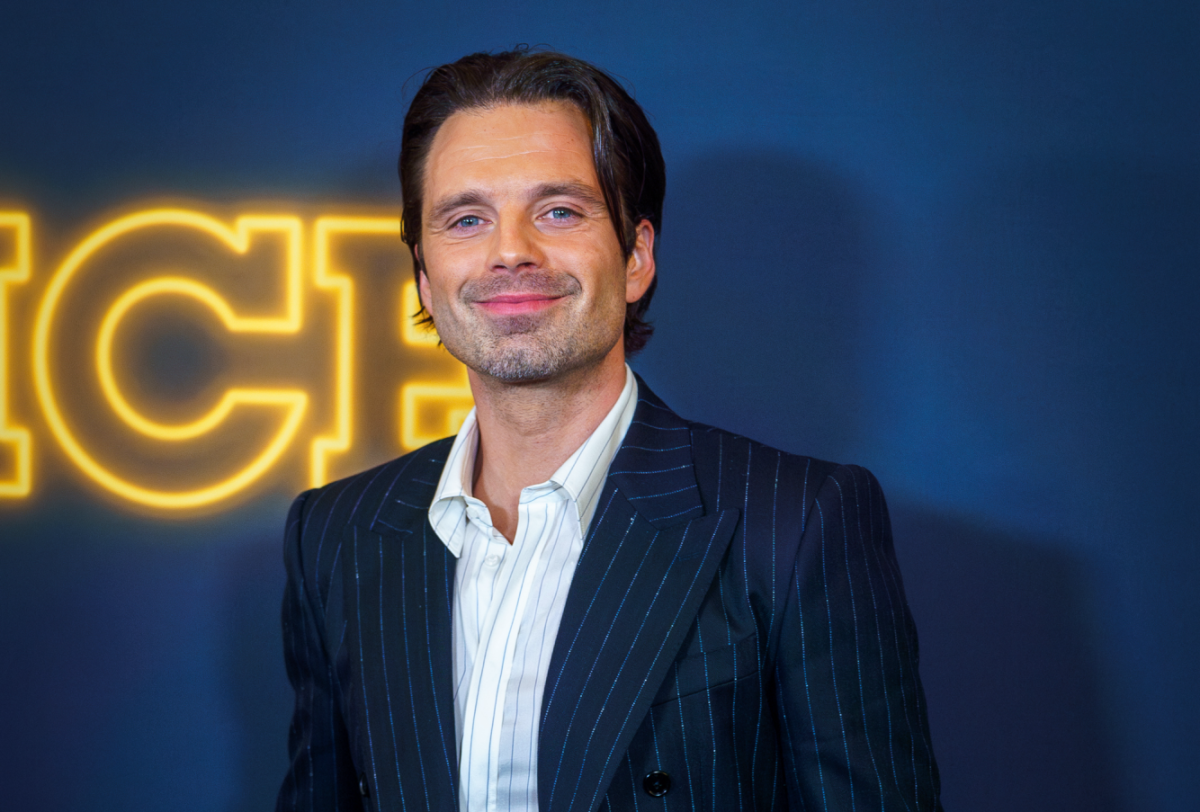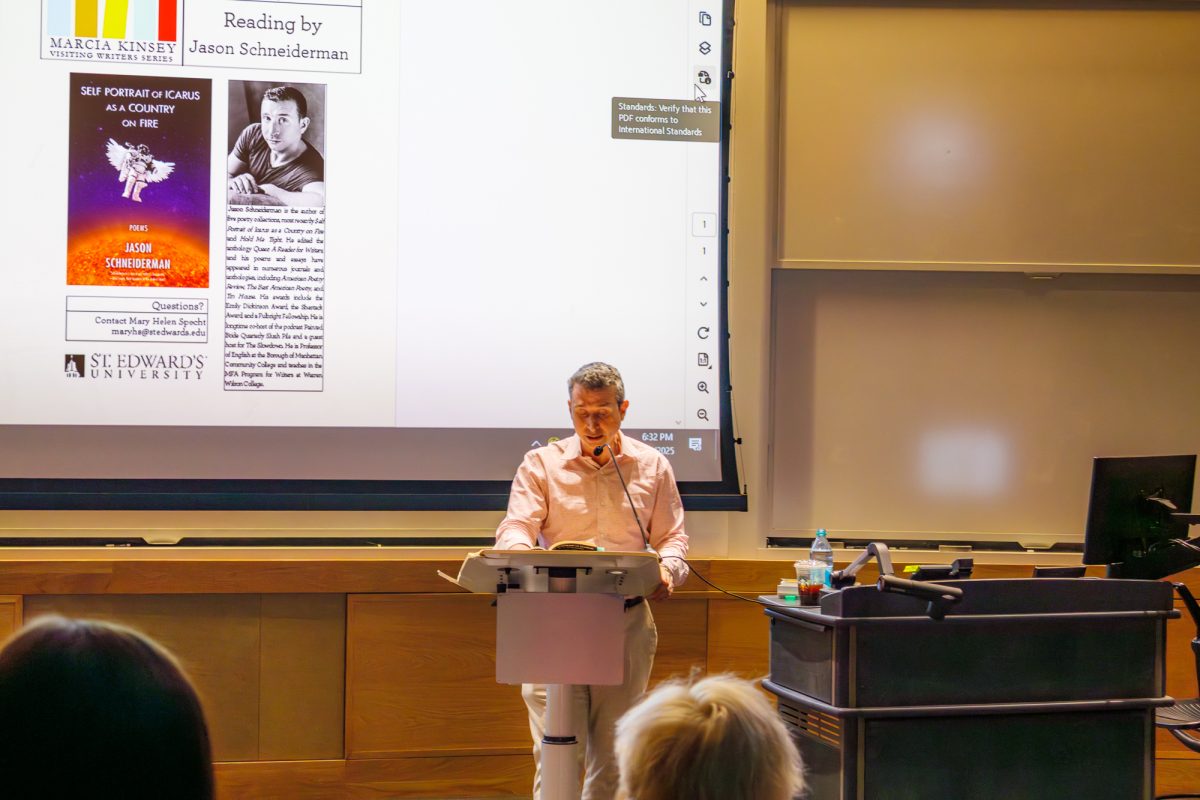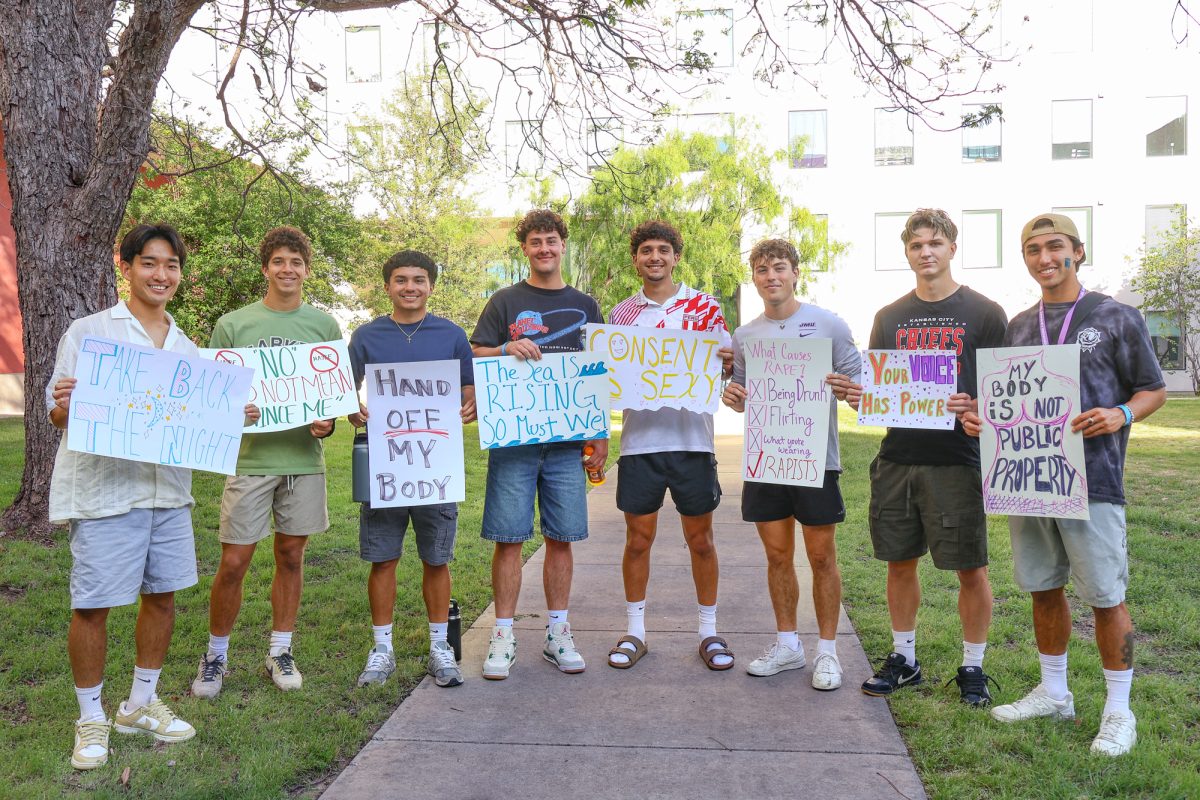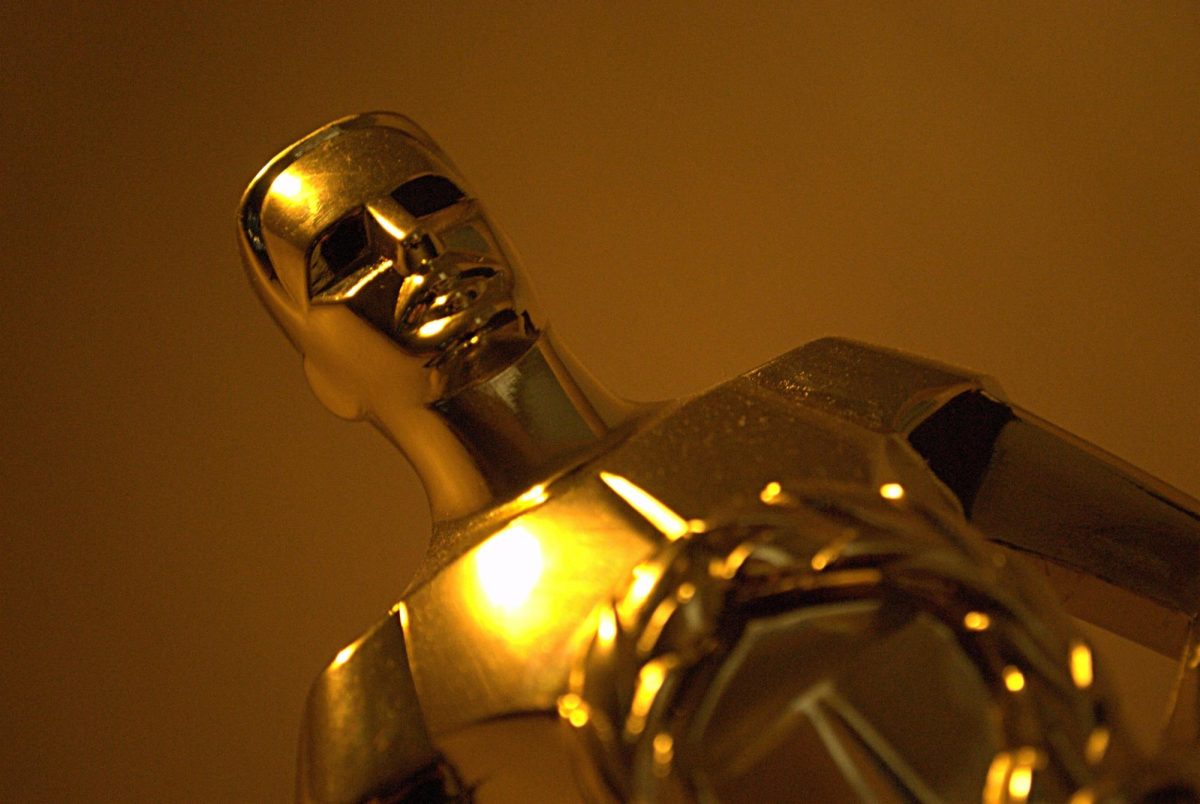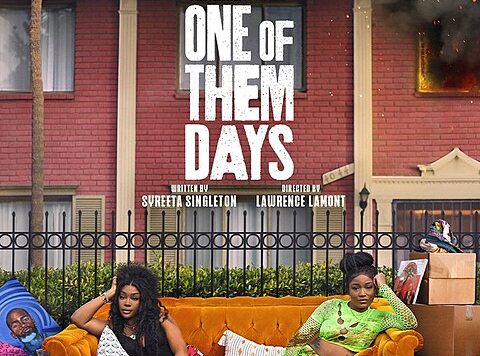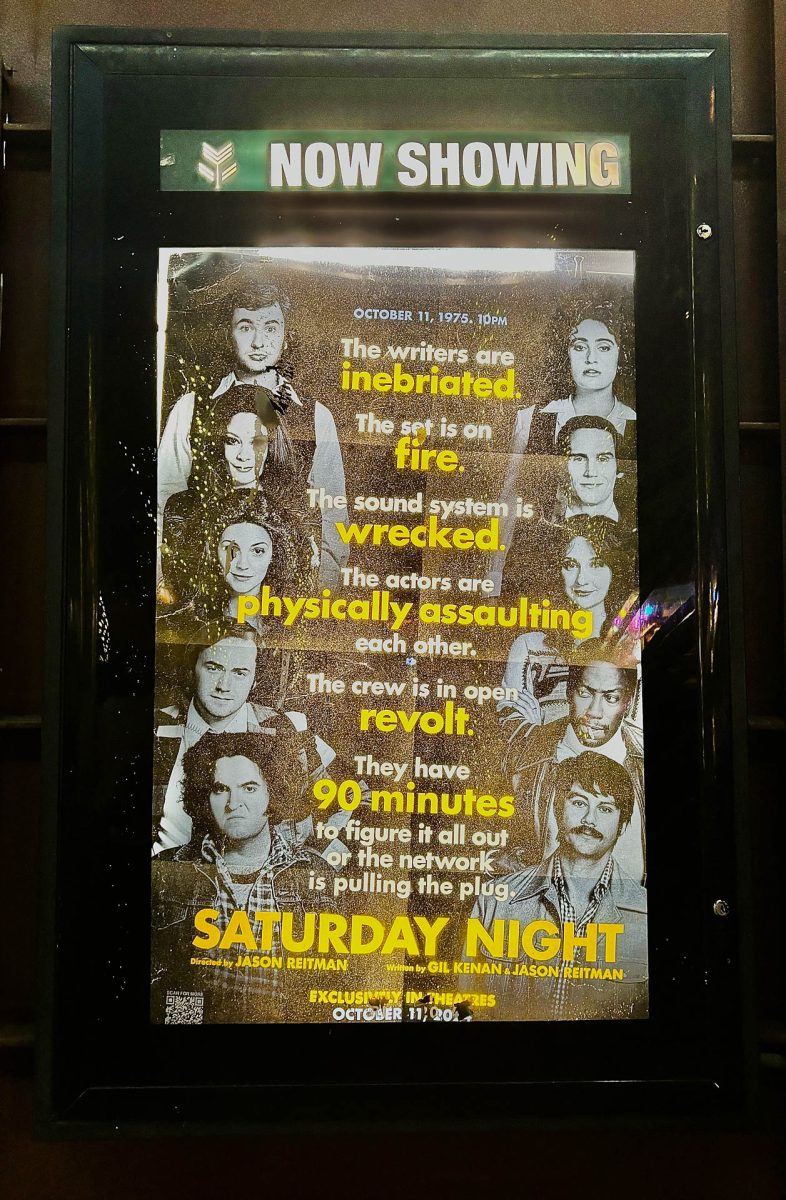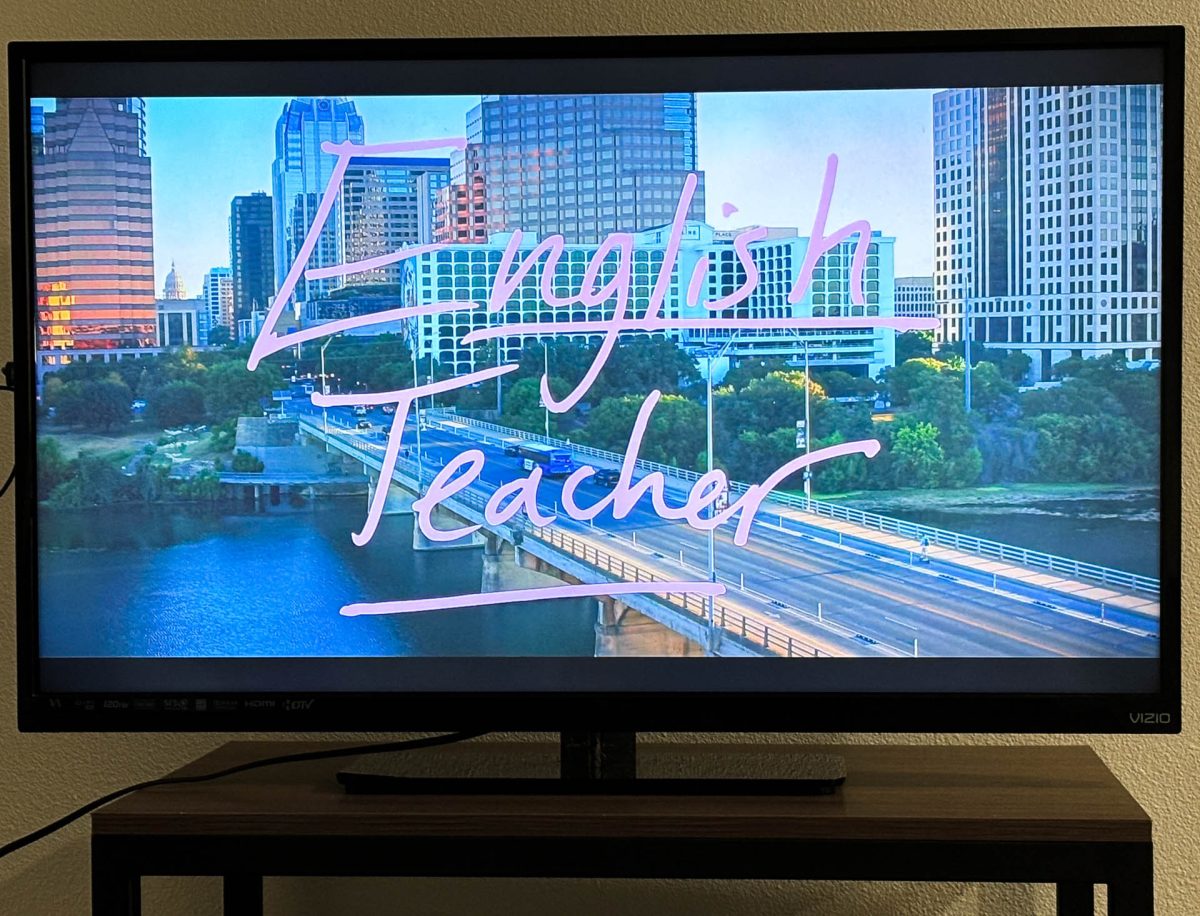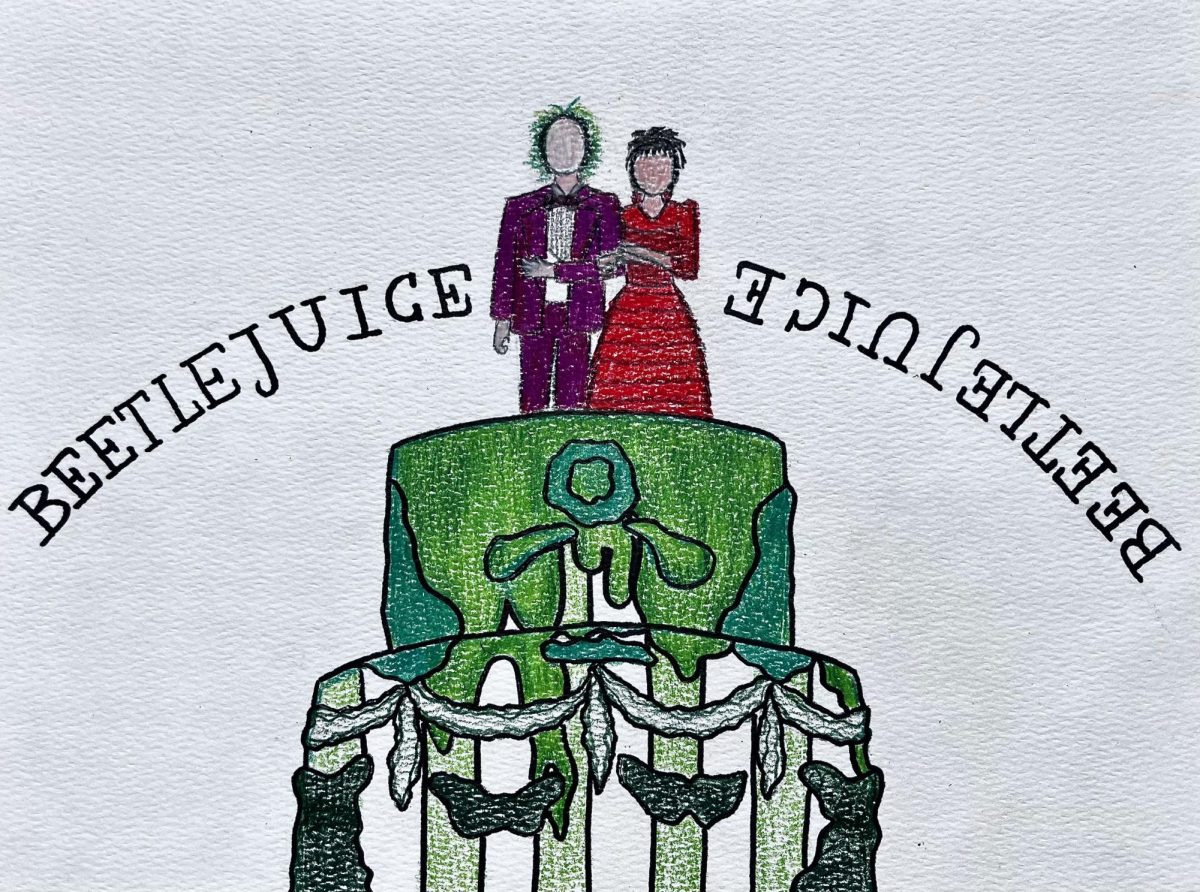Sebastian Stan, Jeremy Strong and director Ali Abbasi have teamed up to create a semi-biographical drama about former President and real-estate mogul Donald Trump.
In “The Apprentice,” a fictionalized and dramatized tale of the relationship between Trump and controversial lawyer Roy Cohn, the audience gets to see the journey that led Trump to the status he occupies today.
Like many actors starring in biopics, Stan gained a few pounds and adopted similar mannerisms to Trump to embody the former president.
While Stan and Strong’s performances are certainly admirable and the film’s cinematography is enticing, the film’s overall message and writing fail to be productive or effective. By creating a film about Trump, Abbasi and Gabriel Sherman (the film’s screenwriter) have unwittingly contributed to the process that feeds Trump’s dominance in our society – no matter how humanistic they aimed to create their movie. By drawing attention to and partly supporting Trump’s purported origin story, we allow him to continue infecting our society’s discourse.
At its center, “The Apprentice” is about dramatic irony – a reversal of a mentor-mentee relationship that gave Trump the keys to his future success. Earlier scenes are paralleled at the end of the film, notably with Trump reciting lines or actions similar to Cohn’s. Through this, the audience witnesses Trump’s transformation into the rash and cutthroat corporate icon he is often regarded as. In its attempt to trace the development of certain “Trump-isms,” the movie is successful. We follow Trump from the 1970s to the 1990s, which can be seen through a transition from 16mm film to broadcast video.
What the movie fails to do, however, is acknowledge that this transformation is less a product of Trump’s time as Cohn’s protégé and more of a self-made, deliberate and manufactured persona (with help from his father and others).
In a biting New York Times (NYT) exposé, a special investigation by reporters revealed that Trump received at least 413 million dollars from his father Fred Trump. This narrative is entirely absent from the movie, and Sherman’s script shows Trump raising his father’s business. What it does not show is that Trump’s failures were routinely bailed out by his father, and many of his successes were aided by his father’s industry connections.
This would not be a problem if the film did not have such an obvious attempted ending. Prior to the film’s release, Abbasi, Strong and Stan had an interview with the NYT in which they said they were making a movie that would make society examine how we allow people like Trump to come about.
“It’s a humanistic interrogation and investigation of these people. Ali is not making ‘The Great Dictator’ — it’s not a farce, it’s not a cartoon,” Strong said. “We’re trying to hold a mirror up to this world and these individuals and try to understand how we got here.”
The beauty of “The Great Dictator” and other media which criticize power and evil within society, is that they show the absurdity and ridiculousness of people like Adolf Hitler.
We do not have to let power-hungry individuals like Trump control our attention. Although it is interesting and necessary to critically evaluate the leaders of our society, is now the best time to create a film like this? What benefit does it bring to society? This mirror Strong claims the film is holding up to society, should it not be held up to himself and the other creators of the film?
Those who participate in the Hollywood industry ultimately support the machine that propels widespread attention. Before Trump’s presidency, Hollywood seemed indifferent to his ethics. Despite his indictments, NBC continued to produce Trump’s television program “The Apprentice” for 10 years – which, of course, served as the namesake for the 2024 film.
Film can be an act of resistance against fascism, as Abbasi suggests. However, it can be adverse in this mission and inflame society to the point of fear-mongering, allowing opportunistic people to profit from the fear and anger within society.
The movie’s strongest moments are those in which we see Trump in two different states: an incredibly discomforting one depicting the rape of Ivana Trump, and one which shows Trump getting dissected while his former mentor’s body is lying in state. The latter illustrates to the audience the drastic measures Trump will take to be powerful, and the former shows the negative recourse of said power.
“The Apprentice” is a captivating study of Trump’s character, and its portrayal is dissimilar from the one we know today – even with the heavy-handed stereotypes it employs. It’s an intriguing and controversial film, but ultimately not the monumental cinema its creators think it is. I give this show a three out of five goats.


